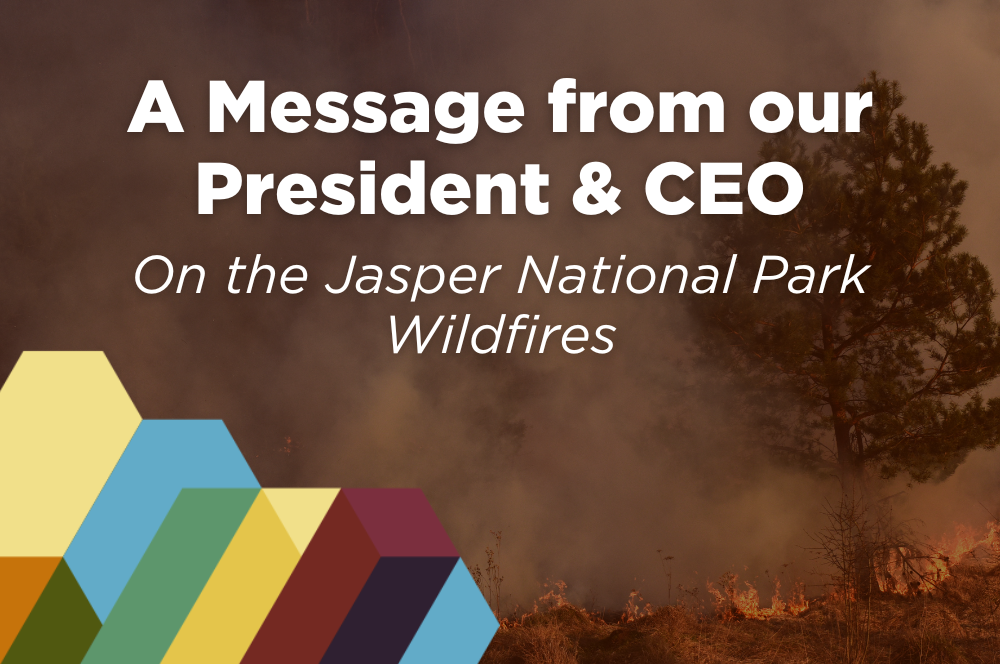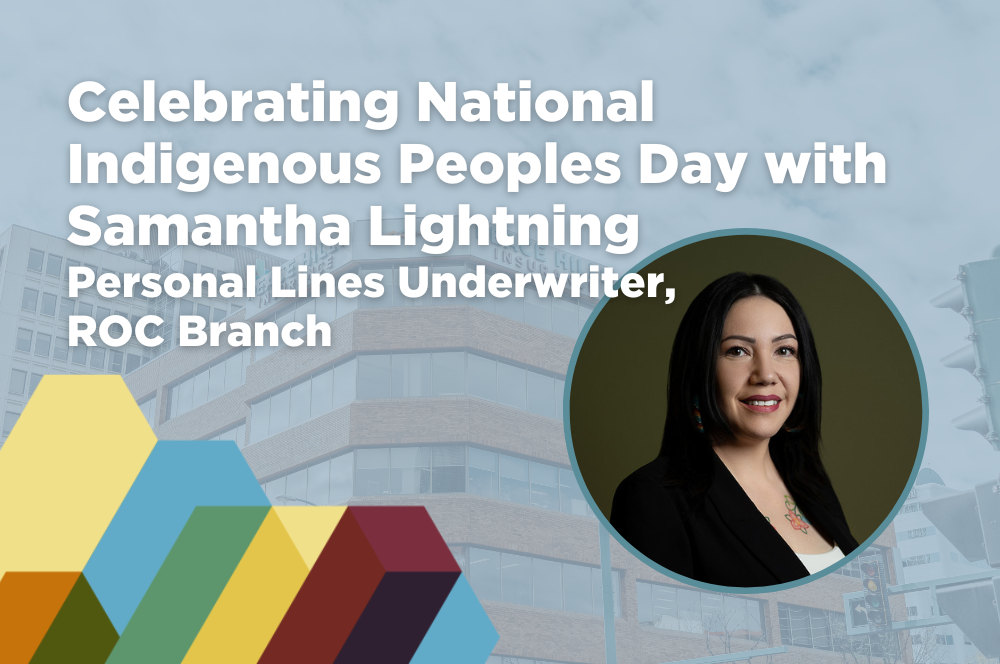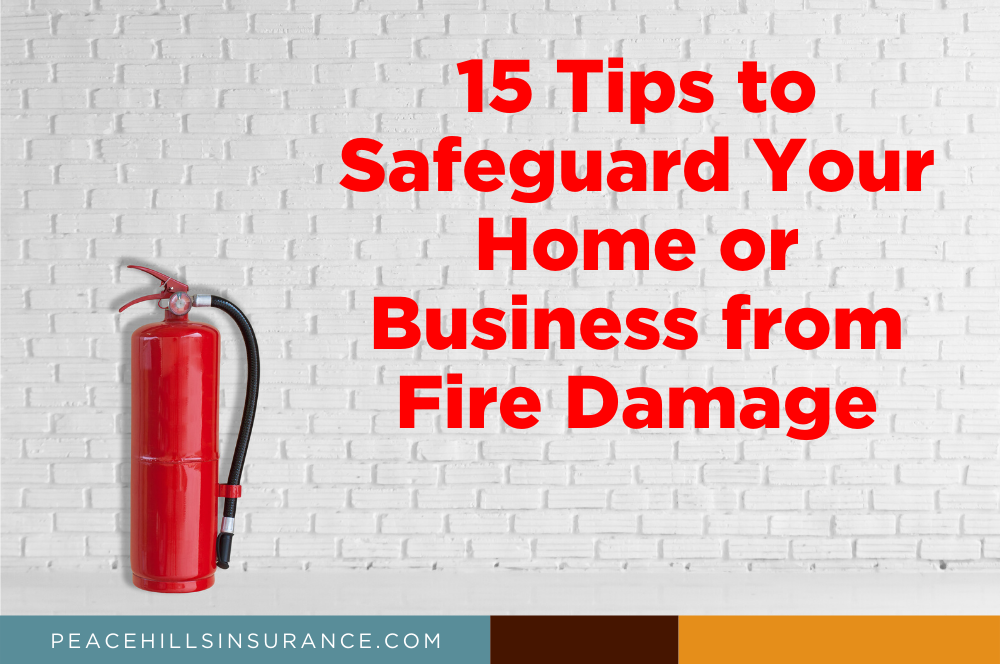
December
9
15 Tips to Safeguard Your Home or Business from Fire Damage
December is statistically the most dangerous time for electrical fires. In Alberta especially, we often think more about wildfires when it comes to fire safety. While the risk of wildfire is indeed on the rise in many parts of Canada, when the weather gets colder and days grow shorter, our usage of heating and lighting appliances are often used ‘round the clock.
Your best protection against loss, damage or injury is to start with prevention and mitigation against any type of fire. Fortunately, there are a few things you can do to prevent or minimize fire damage to your home or business:
1. Limit greenery to a minimum of 10m away from your structure, and 100m for storing firewood and propane tanks when not in use
Vegetation, especially when unkempt, can be a fuel source for wildfire or outside ignition sources. The more careful you are about not storing combustible materials nearby, maintaining vegetation on your property, and cleaning up fallen debris, the better.
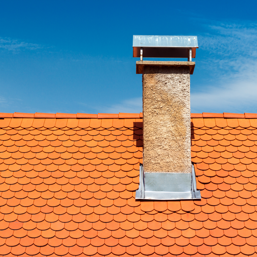 2. Install spark arrestor screens on chimneys
2. Install spark arrestor screens on chimneys
What is a spark arrestor, you ask? They’re a device that is fitted to the top of your flue to prevent the emission of flammable debris that can spark fires when they hit the ground. They catch the embers while also allowing gas and smoke to escape. Chimney caps often come with spark arrestors, but be sure to check with a chimney professional.
3. Enclose all eaves and overhangs
Heat and windborne embers can get trapped under overhangs and in the upper portion of exterior walls, encouraging a fire to easily spread onto the roof or directly inside. Enclose overhangs with flat, horizontal soffits to reduce the change of entrapping embers, and that have a 1-hour fire-resistance rating to prevent the heat from contacting the joists, rafters and trusses.
4. Enclose undersides of balconies and decks with flame-resistant materials
Choosing the right materials to build your deck is a critical step in reducing the risk of a fire damaging your home. More often than not, deck boards are made of combustible material (such as wood and plastic), but you can help minimize the risk of damage to your home by sticking to non-combustible materials to enclose the underside. Be sure to also check your deck boards and joints for debris and regularly clean them out where it has accumulated.
5. Make sure to only use fire retardant roofing and fire-resistant exterior siding
When replacing your roof, consider using tile or metal. They can be expensive, but can last you much longer and both materials are fire-resistant. As for the siding of your home or building, consider using brick, stone/cement or steel.
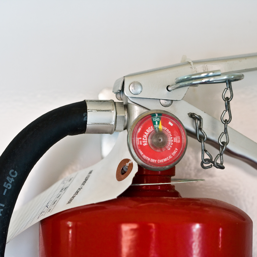
6. Install fire alarms and ensure sprinkler systems and extinguishers are serviced and tagged on a regular basis
Smoke alarms are your first line of defense in your home or business. Test them monthly, replace batteries annually, and replace the alarm itself every 10 years. As for fire extinguishers, they are only to be used by properly trained adults, if the fire is no larger than you and confined to small area, and if a clear escape route remains between you and the fire. They should be refilled or replaced after every use and checked each month to ensure the device is holding its charge.
7. Store duplicates of your data off-site or on the cloud. Data copies kept on-site should also be stored in a fire-resistant safe
iCloud and Dropbox are just two of countless cloud storage options. All you need is a fast and reliable internet connection to store and access your files.
9. Ensure proper disposal of oily rags
When products that contain oils start to dry they create a chemical reaction (oxidation), which creates heat. If that heat is trapped in a pile of fabric, for example, it can spontaneously combust. Either allow them to dry fully or soak them in water in a sealed metal container until you’re able to dump them at your local hazardous waste disposal facility.
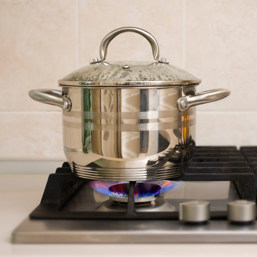
8. Do not leave your cooktop unattended
It’s the age-old key piece of fire prevention advice, but it still holds true. Leaving things on the stove or in the oven remains a very common cause of domestic fires. Try to avoid distractions while cooking, and double check your appliances are turned off when you are done.
10. Check on your lithium batteries
Lithium batteries are becoming a more prevalent cause of fire. Check your batteries regularly to make sure they are in good, working condition. Also ensure that you are charging your electronics far away from flammable materials and heat sources to help prevent a fire from spreading.
11. Reduce unnecessary clutter
Clutter inside can act as kindling and also attract mice and rodents who chew through wiring, and on that note…
12. Regularly inspect electrical cords and wires for fraying and overloaded circuits
Limit your sockets to only one high-use appliance; doubling up your television and coffee maker isn’t ideal. Never run your cords under rugs or mats as they may overheat or fray without your noticing.
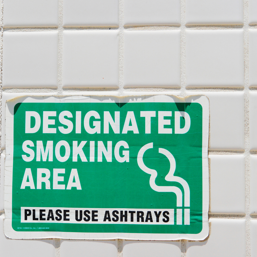
13. Have a designated safe area for smoking and proper place to dispose of cigarette butts
On top of the health implications, smoking is also one of the leading causes of fire-related deaths, with inappropriately discarded cigarettes causing millions of dollars in damages each year. Never discard them on the ground or in plant pots, but rather in a deep, fire-retardant receptacle.
14. Keep the exterior of your building in an orderly way
An unkempt building may provide an attractive target for vandalism/arson.
15. Make sure to have an escape plan and a rendezvous/muster point in case of emergencies
Lastly, in the event of a fire you likely will not have time to consider your escape options. Have a well-rehearsed escape plan both at home and at work so that you are prepared when you need to act fast.
While preparing your home or business can help reduce risk, it can’t prevent the possibility of incurring fire damage altogether. That’s where home and property insurance can help. As a general precaution and to ensure a smooth claims process you should always maintain an up-to-date list of your contents and their replacement costs.
Peace Hills offers both personal and commercial property coverages that have been designed with our clients’ needs in mind. Find a broker today and ask about the best coverage for you.
Recent Posts
A message from our President and CEO
July 26, 2024
A message from Kathy Boychuk, Peace Hills Insurance President and CEO, on the ongoing wildfire situation in Jasper National Park.
Read More

